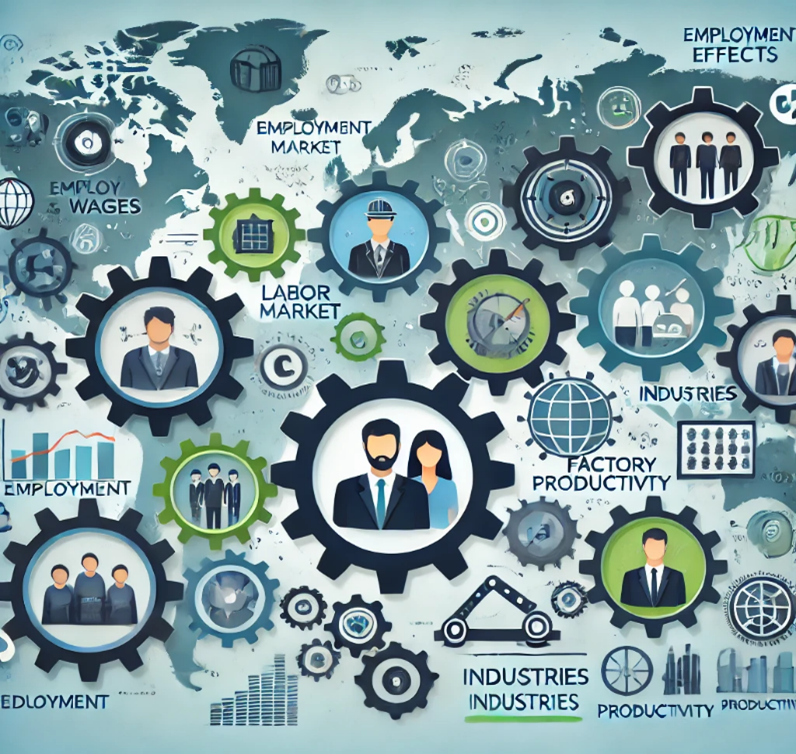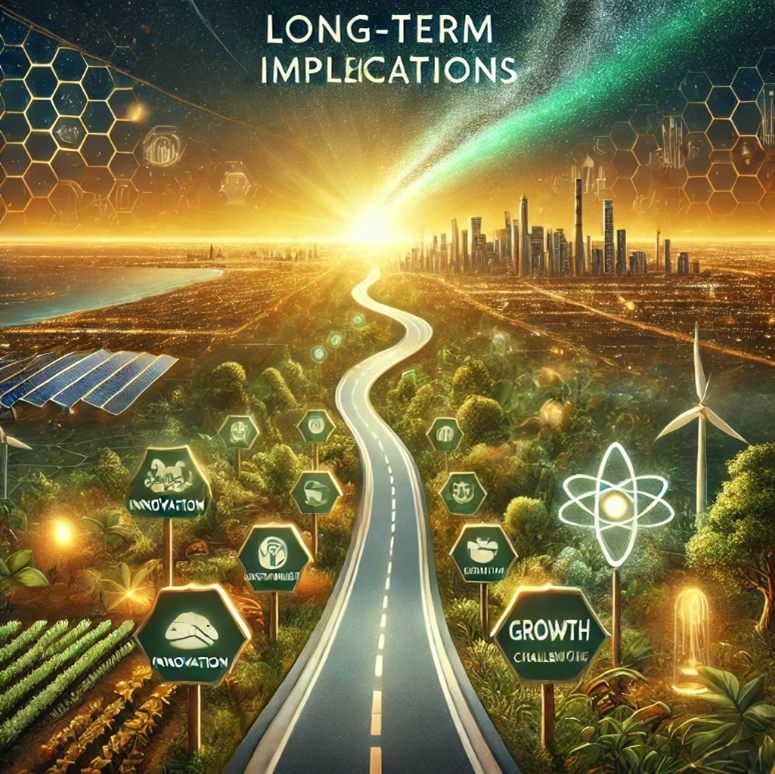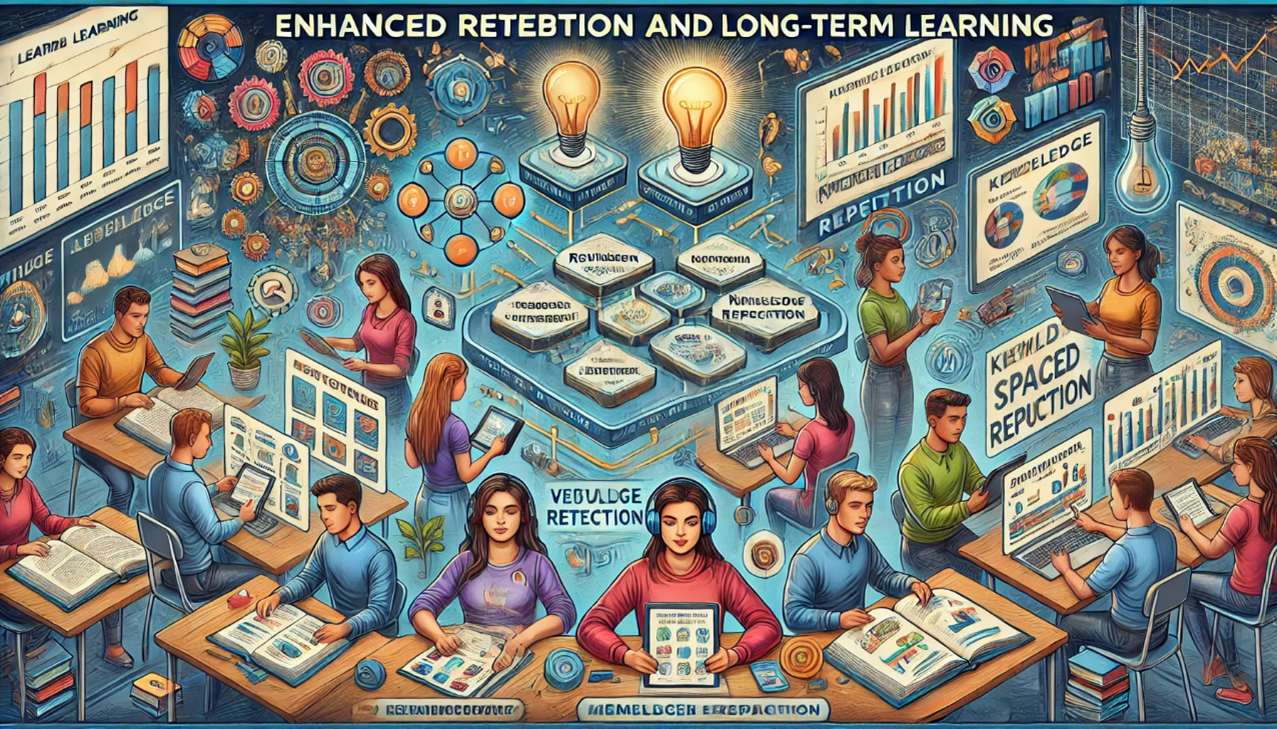What are the political and economic implications of large-scale migration?

What are the political and economic implications of large-scale migration?
by Maximilian 03:38pm Jan 03, 2025

Large-scale migration has profound political and economic implications, influencing domestic and international policies, social cohesion, and economic performance. Here’s a breakdown of the key effects:
Political Implications
1. National Security and Border Policies
Tighter Border Controls: Large-scale migration often leads to stricter border policies and increased spending on security infrastructure.
Asylum and Refugee Policies: Governments may face pressure to revise refugee and asylum laws to address humanitarian concerns while balancing national security.
2. Political Polarization
Rise of Populism: Migration can polarize political landscapes, fueling the rise of nationalist or populist movements that frame immigration as a threat to sovereignty and cultural identity.
Progressive Advocacy: Conversely, migration can galvanize progressive movements advocating for human rights and inclusive policies.
3. Diplomatic Relations
Regional Cooperation: Migration crises can lead to greater collaboration between countries, such as shared refugee resettlement or border management efforts.
Tensions and Disputes: Disagreements over migration responsibilities can strain relationships, as seen in EU debates over migrant quotas.

4. Social Integration Challenges
Cultural Clashes: Rapid demographic changes may create tensions between migrants and host communities, influencing public attitudes and policies.
Urban Planning and Resources: Migration often concentrates in urban areas, leading to challenges in housing, infrastructure, and social services.
Economic Implications
1. Labor Market Effects
Skill Gaps and Workforce Needs: Migrants often fill critical labor shortages, particularly in industries like agriculture, healthcare, and technology.
Wage Pressures: In some cases, migration can create downward pressure on wages for low-skilled workers, sparking economic anxieties among local populations.
2. Economic Growth
Innovation and Entrepreneurship: Migrants contribute to economic dynamism, often starting businesses and driving innovation.
Demographic Benefits: In aging societies, migration helps offset labor shortages and supports pension systems through a younger workforce.
3. Public Services and Welfare
Fiscal Contributions: While migrants often contribute more in taxes than they consume in public services, initial settlement costs can strain local resources.
Health and Education Systems: Rapid increases in population can stress public services, necessitating investments in schools, hospitals, and housing.
4. Remittances and Global Development
Economic Lifeline for Origin Countries: Migrants send billions in remittances to their home countries, boosting household incomes and fostering development.
Brain Drain vs. Brain Gain: While origin countries may lose skilled workers, return migration and diaspora networks can facilitate knowledge transfer and investment.

Long-Term Implications
1. Shaping Demographics
Migration can reshape demographic trends, addressing population decline in some countries while creating youth bulges in others.
2. Global Inequality
Migration can exacerbate or reduce global inequalities, depending on whether it fosters inclusive economic policies or deepens divides between origin and host countries.
3. Policy Innovation
Governments and international organizations may need to develop new frameworks for managing migration, balancing humanitarian concerns with economic and political realities.

Balancing Challenges and Opportunities
To maximize the benefits and minimize the challenges of large-scale migration, governments must:
Invest in integration programs to foster social cohesion.
Develop equitable policies that balance economic needs with humanitarian responsibilities.
Strengthen international cooperation to manage migration flows and address root causes, such as conflict and climate change.
In essence, the political and economic implications of large-scale migration are multifaceted, requiring nuanced and collaborative approaches to ensure positive outcomes for both migrants and host communities.






